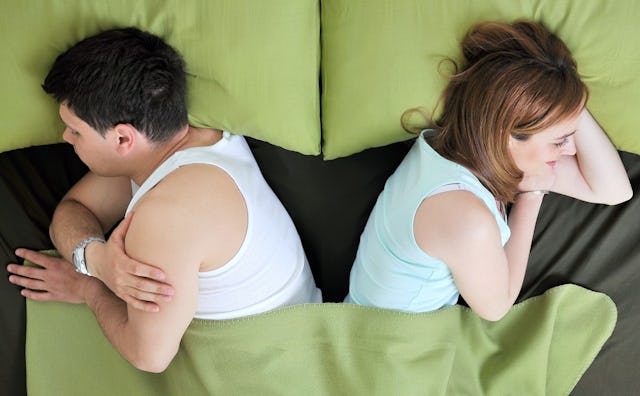5 Ways to Get More Sleep (and Why You Really Should Try Them)

Not sleeping well? Maybe you don’t want to know about all the research out there saying we are utterly useless—and more likely to die young—when we don’t get enough sleep.
While I’m bearing bad news, I’ll add to it: A new study from Washington State University finds that sleep loss messes with our decision-making skills when we are in crisis. As it turns out, the difference between life and death in many emergencies—like being mugged, for example—is having the ability to adapt to the unexpected. Unfortunately, that’s an ability that flies out the window when we don’t get enough sleep.
None of this bodes well for the sleep-deprived, especially parents of younger kids and babies. Chernobyl and the explosion of the Challenger, for crying out loud, were both largely caused by tired operators. This is especially of note for people who shoulder a lot of responsibility in high-risk jobs, like surgeons, but it should send a message to all of us who aren’t getting as much sleep as we should. We drive cars, we raise kids, and we need to be alert and awake even if we aren’t working as hostage negotiators. So here are some science-based ways to make that happen.
1. Tune in to your melatonin levels. Melatonin makes us sleep and, appropriately (unless you work a graveyard shift), melatonin increases when it gets dark and decreases when it gets light. If you can control when you sleep to some degree, make sure most of it happens when it’s dark outside.
2. Be mindful of stimulants. This might seem like an obvious one. Everyone knows to avoid caffeine when they’re having sleep problems, right? Wrong. Plenty of people turn to caffeine because they didn’t sleep well the night before, but then the caffeine keeps them from sleeping well the next night. Make sure you don’t forget about other types of stimulants, too. Tobacco and chocolate are two of the big ones people often overlook.
3. Exercise. If you exercise every day, you’ll sleep better. The caveat here is exercise within an hour or two of bedtime—this can actually get you too amped up to fall asleep.
4. Limit alcohol. Like caffeine, people often turn to alcohol for sleep-related problems only to find that they sleep even worse. Unlike caffeine, many people have a drink before bed because they think it will help them sleep. While it might help you fall asleep, it won’t help you stay asleep.
5. Schedule. You not only need to schedule your sleep and stick to it, but for those who are overwhelmed with daily tasks, you need to optimize your scheduling in every other area, too. You’ll never get enough sleep at night if you overcommit yourself in a way that disrupts your sleep routine.
While we all hope our crisis days are few and far between, let’s face it: Bad things happen. The degree to which unexpected events will negatively impact our lives has a lot to do with how we respond. We can do ourselves and everyone around us a favor by making sure we prioritize sleep. That way, our responses will be as good as they can be, rather than fatigue-fueled knee-jerk reactions.
This article was originally published on